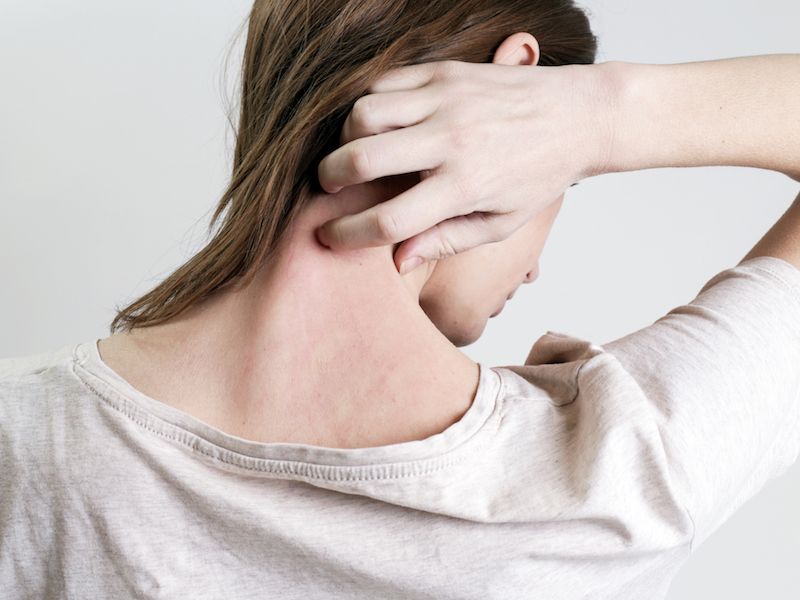
When you think of psoriasis, you likely think about all those commercials showing people with skin problems. Psoriasis affects your general health and not just your skin. Psoriasis is frequently misunderstood and minimized, due to a lack of knowledge of how psoriasis impacts sufferers as well as the serious conditions that can be related to this disorder. Even though plaques on the skin are its most noticeable indicator, they’re indicative of what psoriasis can do throughout the body: The chance of metabolic disorders that are increased by chronic inflammation and cardiovascular disease.
A new study strengthens the body of research linking another significant problem to psoriasis: Hearing loss. Published in The Journal of Rheumatology, this study looked at connections between psoriatic arthritis, mental health, and hearing impairment. Psoriatic arthritis has an impact on the joints, and is a form of psoriasis, causing swelling, pain, and difficulty moving. Afflicted individuals might also suffer from psoriasis, but with psoriatic arthritis, it’s possible to have swelling without also having the tell-tale plaques.
When someone has psoriatic arthritis, the body is basically targeting its own healthy tissue like it does with rheumatoid arthritis because they are all autoimmune diseases. But psoriatic arthritis varies from rheumatoid arthritis in that it’s often asymmetrical (so you could have it in one knee but not the other), and it doesn’t only affect joints but results in painfully swollen fingers and toes while it targets sufferer’s nails and eyes.
Based on the findings of this recent study, hearing may also be affected by psoriatic arthritis. A significant control group of individuals with neither psoriasis or psoriatic arthritis were contrasted against people who had one or the other condition. They found that hearing impairment was more likely to be documented by the group that had psoriasis, and audiometric testing backed up the self-reports. Even when other risk factors are considered, psoriatic arthritis sufferers were significantly more prone to have hearing loss than either {the control group or psoriasis sufferers}.
But that’s not to say there’s no connection between psoriasis, psoriatic arthritis and loss of hearing. A 2015 study found that people who have been diagnosed with psoriasis are at a significantly higher risk of developing sudden sensorineural hearing loss, otherwise known as sudden deafness. With sudden sensorineural hearing loss, people’s ability to hear diminishes substantially in three days or less. There are several possible causes for this, but researchers believe that sudden psoriasis flare-ups may be the cause. The hearing might be diminished if this takes place around or in the cochlea. In some instances, treatments that alleviate psoriasis symptoms may be used to manage this form of hearing loss, but hearing aids are often recommended when other interventions don’t seem to be helping.
It’s important to monitor your hearing if you suffer from psoriasis or psoriatic arthritis. Make regular hearing exams along with your yearly health-care appointments. Disease related to inflammation can lead to inner ear damage, which can lead to loss of hearing and issues with balance. There are also links between psoriatic arthritis and psoriasis, depression and anxiety, both of which can be further aggravated by hearing loss. Other health concerns, including dementia, can be the result if you don’t detect loss of hearing early.
With early intervention, you can stay in front of the symptoms by getting your hearing tested frequently and working with your doctor, knowledge is key. You shouldn’t need to compromise your quality of life for psoriasis or for hearing loss, and having the correct team on your side can make a huge difference.
